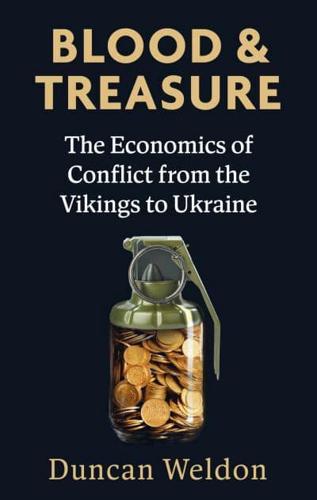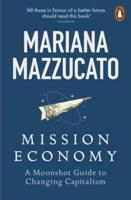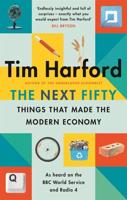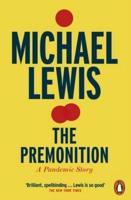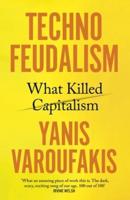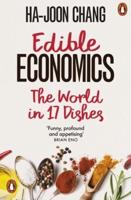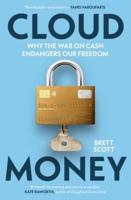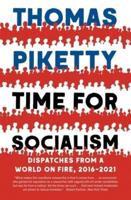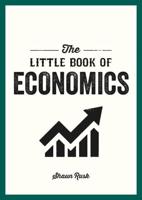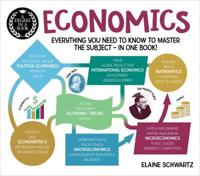Publisher's Synopsis
Blood and Treasure is the story of the economics of conflict from the Viking Age to the war in Ukraine.
Wars are expensive, both in human terms and monetary ones. Since at least the 1640s, in the aftermath of the British Civil Wars, the phrase 'blood and treasure' has sought to encapsulate these costs.
Two economic notions, in particular, feature in this book: incentives and institutions. A rational look at incentives explains even the most seemingly irrational behaviour - and few things are as irrational as war. Crucially, incentives are not formed in a vacuum, they are shaped by the wider social, cultural and political context - the kind of things economists call institutions (i.e. the State). Over time institutions change and with them incentives change too. Together institutions and incentives shape and explain human behaviour. Over the long span of human history, nothing has shaped institutions - and hence economic outcomes - as much as war and violence.
Blood and Treasure examines why Genghis Khan should be regarded as the father of globalisation, how New World gold and silver kept Spain poor, why some economists think of witch trials as a form of 'non-price competition', how pirate captains were pioneers of effective HR techniques, how handing out medals hurt the Luftwaffe in the Second World War and why economic theories helped to create a tragedy in Vietnam. Along the way it considers why some medieval kings were right to arm their soldiers with inferior weapons, takes some management lessons from Joseph Stalin and asks if a culture of patronage and cronyism helped the Royal Navy rise to greatness. It also analyses the changing economic costs of war and ask whether war is always bad for the economy.


